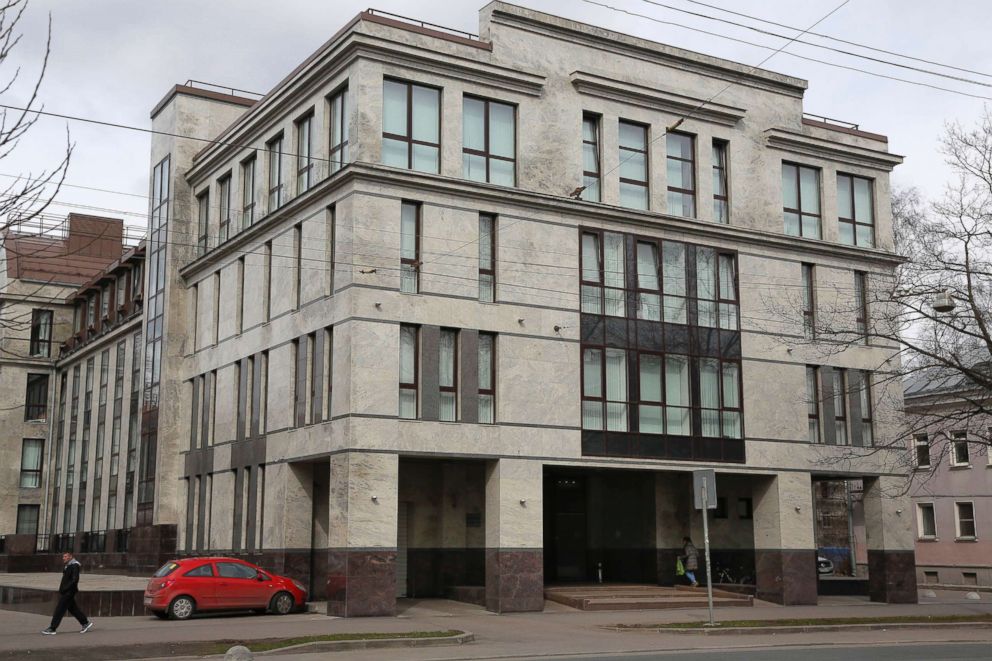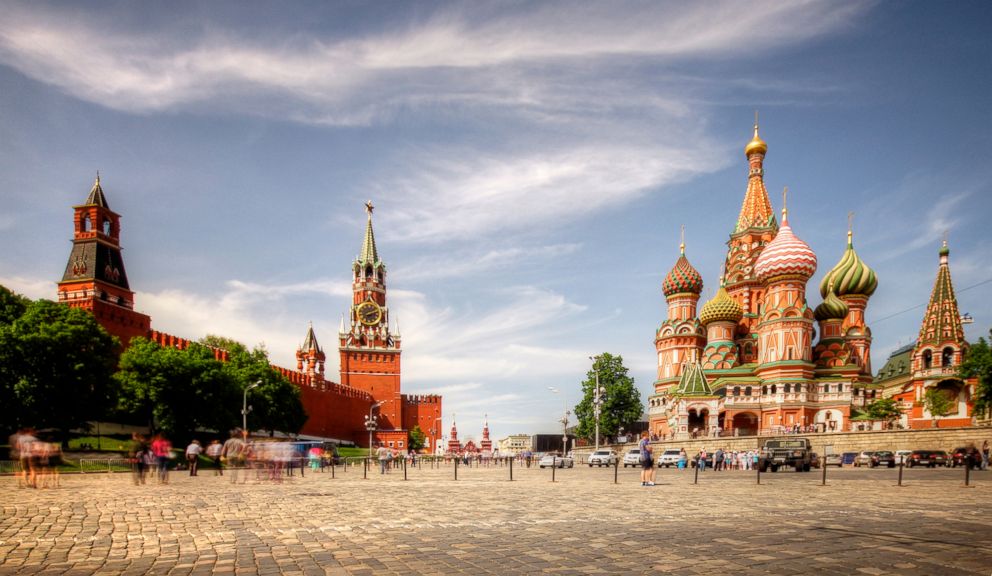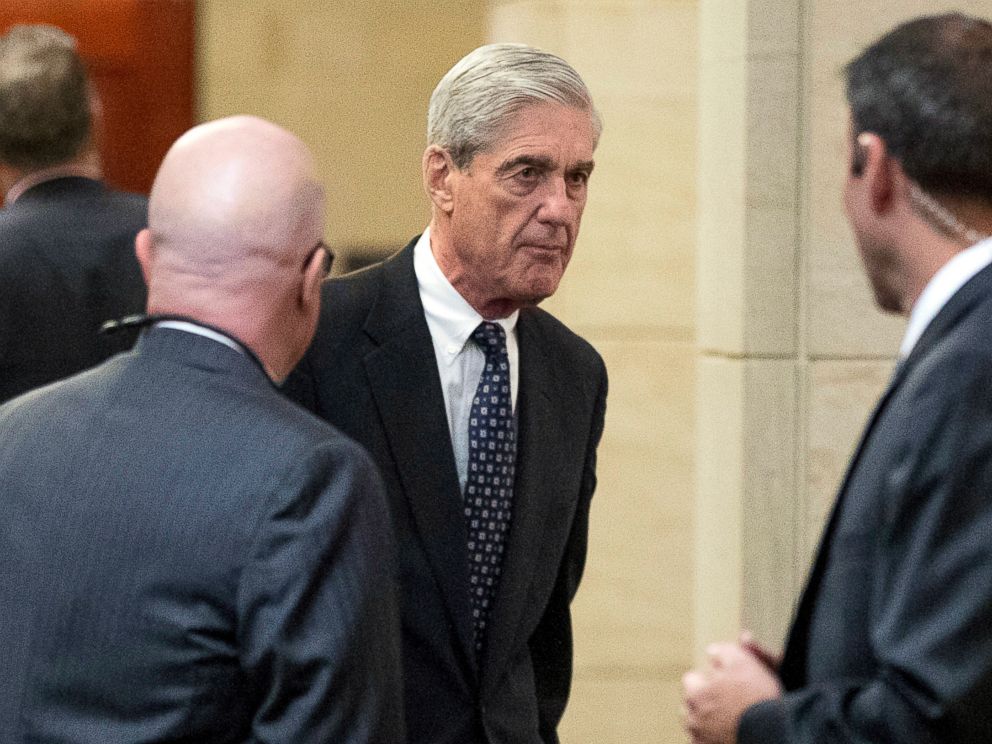With the Robert Mueller report finished, what about the other alleged Russian trolls?
Investigators had other Russians in their sights, Mueller court filings show.
Back in February 2018, special counsel Robert Mueller's team of prosecutors brought charges against 13 Russian individuals and three Russian businesses for their alleged role in what one of the accused had allegedly described as "information warfare" -- a sophisticated influence operation targeting the 2016 presidential election. But it wasn't until almost a year later that Mueller's team revealed that those weren't the only suspected trolls the U.S. government had in its sights.
In a court filing arguing against sharing "sensitive" information with some of the defendants, Mueller’s team said in January that some of the information it had “identifies uncharged individuals and entities that the government believes are continuing to engage in operations that interfere with lawful U.S. government functions like those activities charged in the indictment.”
Two months later, no other suspects have been charged, and a senior Justice Department official told ABC News Friday that Mueller was not recommending any more indictments -- presumably including for the suspected Russians. So now that Mueller's investigation has concluded, what fate awaits them?

Experts told ABC News Saturday that just because Mueller is done, it doesn’t mean the Russians are in the clear legally, depending on how the U.S. government wants to proceed.
“Charges involving other trolls could be brought by other [Department of Justice] offices, whether a U.S. attorney’s office or main Justice,” Randall Eliason, a former federal prosecutor and lecturer at George Washington University, said.
Another former federal prosecutor, Ken White, agreed.
“Other federal prosecutors could absolutely charge them,” he said.
Eliason said that since Mueller’s mandate was in part to investigate interference in the 2016 presidential election, “any more recent efforts probably would fall outside his mandate” and become the responsibility of another Justice office.
Such was the case in October when the Justice Department charged Russian national Elena Khusyaynova for “her alleged role in a Russian conspiracy to interfere in the U.S. political system, including the 2018 midterm election.”

Though she is accused of being involved in the same alleged conspiracy as the St. Petersburg troll factory that was the epicenter of the 2016 influence operation, the charges against Khusyaynova were for more recent purported actions and were brought by prosecutors in the Eastern District of Virginia, instead of Mueller.
But it’s still an open question as to whether the U.S. would choose to legally pursue more Russian nationals. All of the Russian individuals charged so far in connection to the interference operation have declined to answer the accusations in court and are believed to be safely in Russia, outside the reach of U.S. law enforcement.
Former senior CIA officer John Sipher said that from an intelligence perspective, it was unusual for the U.S. government to charge the Russians that it did, but a necessary step for Mueller to fulfill his mandate to investigate Russian interference.
Sipher, who once ran the agency’s Russia operations, said he wouldn’t be surprised if the U.S. held off from filing further legal action because it may be more valuable to track the suspects’ activity than to file charges against them.

Khusyaynova’s case notwithstanding, Sipher said now that Mueller’s done, he expects “we will revert to our normal process of uncovering and tracking hostile intelligence resources.
“For what it’s worth, the Russians indicted by the Mueller probe were just a tiny fraction of what the U.S. intelligence community knows about Russian intelligence, and Russian intelligence officers,” Sipher said.
The Russian government has long denied the allegations of election interference.




